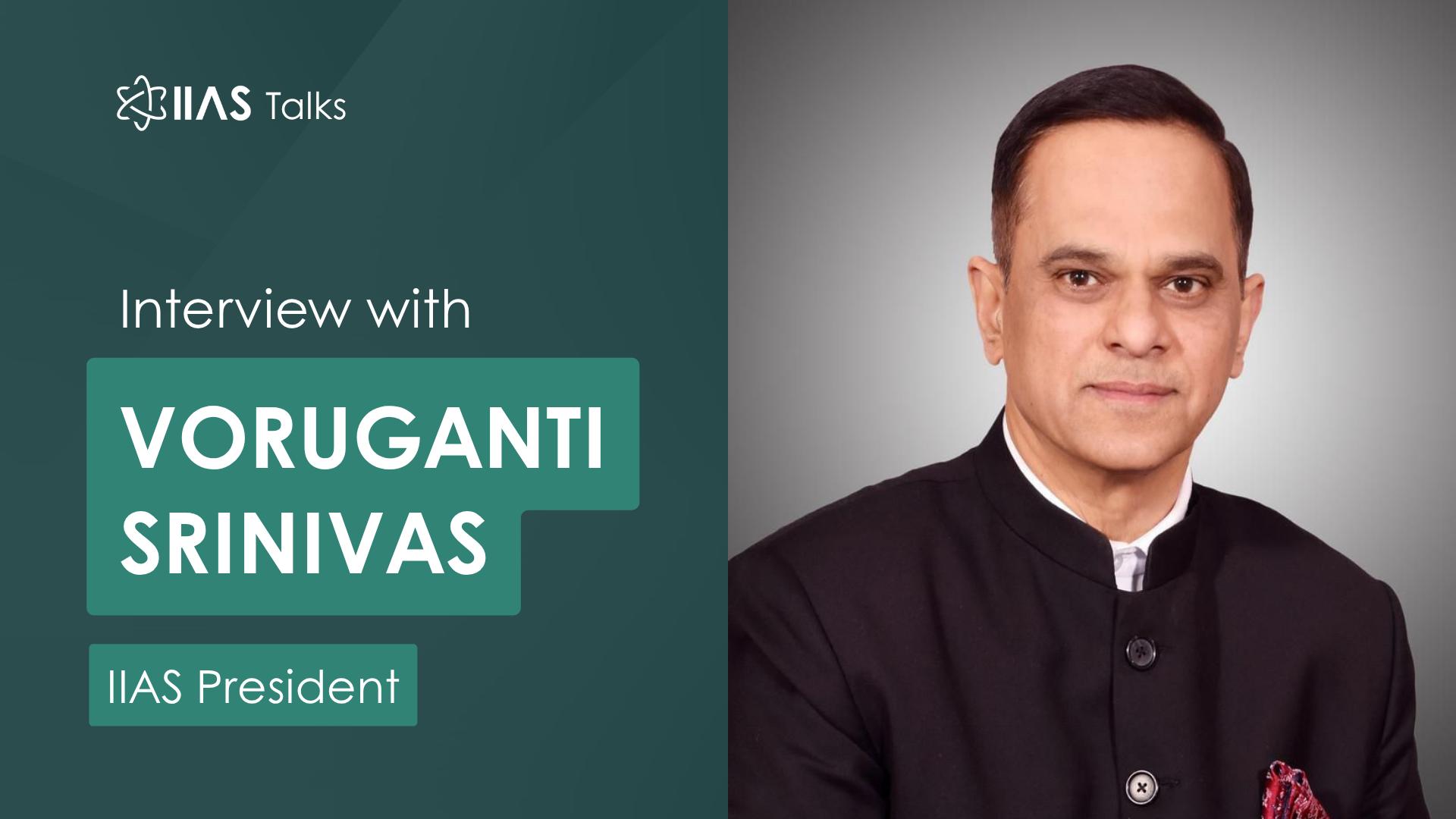
The Latin American Group for Public Administration (LAGPA), the regional branch of the International Institute of Administrative Sciences (IIAS), will host its 2025 Conference in Lima, Peru, from September 29 to October 1, 2025.
The International Institute of Administrative Sciences (IIAS) actively participated in the 24th session of the United Nations Committee of Experts on Public Administration (CEPA), held in New York from 7 to 11 April 2025. This year’s session was centered on the theme "Governance and institutional perspectives on advancing sustainable, inclusive, science and evidence-based solutions for the SDGs."
Represented by Director General Sofiane Sahraoui, IIAS contributed to Agenda Item 8 on public sector workforce matters with a written statement titled "New Administrative Reforms, Public Sector Workforce Issues and the IIAS Agenda." This year’s contribution was built on the outcomes of IIAS’s major recent conferences: the IIAS 2025 Conference in New Delhi, the EGPA 2024 Conference in Athens, and the IASIA 2024 Conference in Bloemfontein. By linking the overarching theme of the IIAS 2025 Conference — Next Generation Administrative Reforms — with the workforce challenges discussed by the UNCEPA working group, IIAS strengthened the intellectual bridge between its academic initiatives and the global governance agenda.
The session also served as an opportunity for IIAS to deepen international collaboration through a series of strategic engagements:

On the sidelines of the CEPA session, IIAS also participated in the United Nations Public Administration Network (UNPAN) meeting, presenting its ongoing activities and forthcoming initiatives, and exploring new avenues for collaboration within the global governance community.
IIAS’s contributions to the 24th CEPA session reaffirm its leadership in shaping innovative, evidence-based approaches to public sector reform and demonstrate its continued commitment to improving public governance research, education, and practice worldwide.

The Latin American Group for Public Administration (LAGPA), the regional branch of the International Institute of Administrative Sciences (IIAS), will host its 2025 Conference in Lima, Peru, from September 29 to October 1, 2025.
_20250827135952.png)
During the IIAS Presidential Address during the Opening Ceremony of EGPA 2025 Conference, the IIAS President outlined the 5 commitments for vision EGPA@60.

18 August 2025
The International Institute of Administrative Sciences (IIAS) is delighted to share an exclusive video interview with its newly elected President, Srinivas Voruganti. In this insightful conversation, President Voruganti outlines his vision, priorities, and strategic plans to guide IIAS toward becoming a future-ready, inclusive, and globally connected institution.